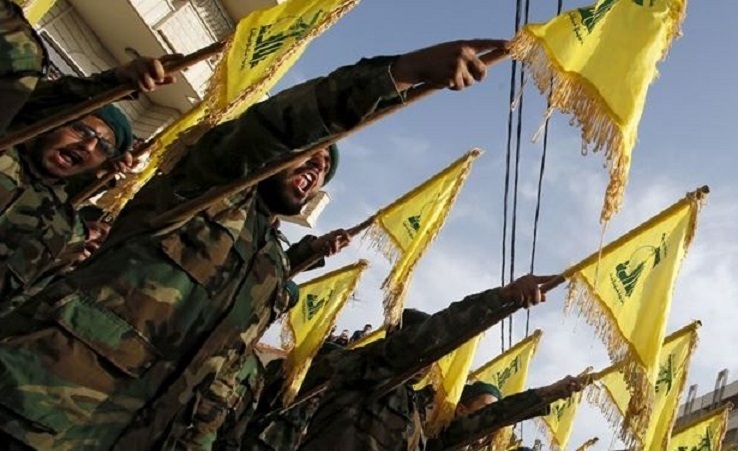We were all recently informed that Israel and Lebanon will conduct direct negotiations concerning their shared maritime border.
Approximately 20 years ago, Israel decided to withdraw from Lebanon to an internationally recognized border. The issue lies with the fact that an internationally recognized border is recognized as such only if the two countries who share it agree on its precise coordinates.
4 View gallery


IDF troops and tanks in Beirut during the 1982 First Lebanon War
(Photo: David Rubinger)
Since Lebanon vehemently refused to initiate direct dialogue with Israel, then-Prime Minister Ehud Barak managed to persuade the United Nations that for the withdrawal, Israel would negotiate with the UN and the line agreed upon the two sides will be considered the border.
This is indeed what was eventually happened. Israel and the UN agreed on the “Blue Line,” a temporary land-based border to be recognized by the international community.
But of the maritime border that is now under scrutiny? There are three common methods to mark such a border.
Israel has chosen to mark its border with a line that stands at 90 degrees to the shoreline. Thus, the maritime border line with Lebanon is the one facing northwest towards the Levantine country.
Lebanon (natch) chose a different method, which hstates that the maritime border is a continuation of the land-based border. According to this method, the border is a straight line facing just west of Rosh Hanikra, which is located at the most north-western corner of Israel.
A controversy has thus arisen concerning the Israeli decision on the border and the Lebanese decision. In 2000, the UN decided not to rule on the matter, thus creating an ongoing state of disagreement.
Years later, when large gas reservoirs were found in the area, the issue became more pressing.
Secret and choppy indirect negotiations between the two states on the matter have been going on for the past several years.
The very fact that negotiations are being held between Israel and Lebanon has positive implications that go beyond the need to resolve the conflict.
Firstly, for the first time since the 90s, direct negotiations are getting underway between the two warring nations.
Secondly, resolving this dispute will allow the two countries to search for additional pockets of gas in the area.
Thirdly, the negotiations are a clear loss for the Lebanon-based Hezbollah terror group, which has so far prevented negotiations. Not only because it opposes any direct dialogue with Israel, but also because its leader, Hassan Nasrallah, long ago realized that if he wanted to launch a military campaign against Israel, he would have to argue that it was in defense of Lebanese national interests.
As long as the dispute over the maritime border stands, the organization can continue to claim that Israel is stealing Lebanon’s natural resources and that this is a justifiable reason to go to war.
If the negotiations between Lebanon and Israel do indeed bear fruit, it will pull the rug from under Nasrallah’s feet.
Fourthly, the negotiations set a precedent. Direct talks on one subject could lead to more on other matters too. Neighboring countries, enemies or not, inevitably share common interests.
A peace agreement between Israel and Lebanon is a long way off. But any normalization agreement between the two states is a good sign.
Whatever happens, Israel's handling of the issue deserves praise, especially Energy Minister Yuval Steinitz, who has been trying for years to reach an agreement on the maritime border with Lebanon.
The fifth and final benefit of such negotiations doesn't concern Lebanon, but the Gaza Strip. If Israel can show it is possible to reach a settlement based on common interests with Lebanon, it may be possible to display more creativity regarding a settlement with the Hamas-run enclave.
Maj. Gen. (ret.) Giora Eiland is a former head of Israel's National Security Council




